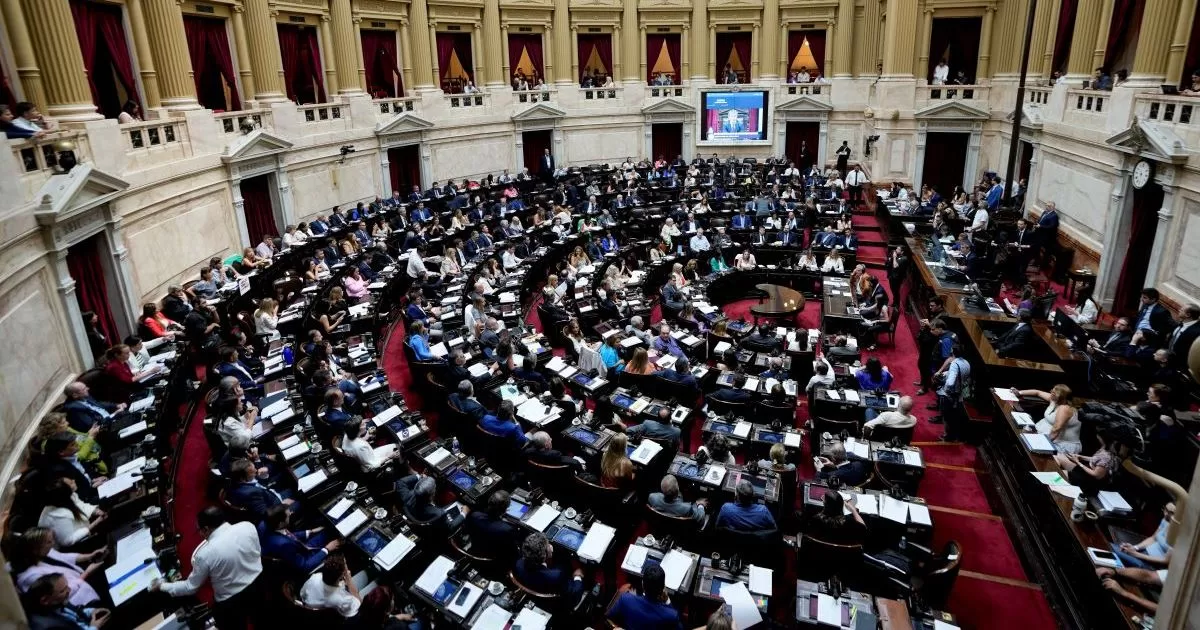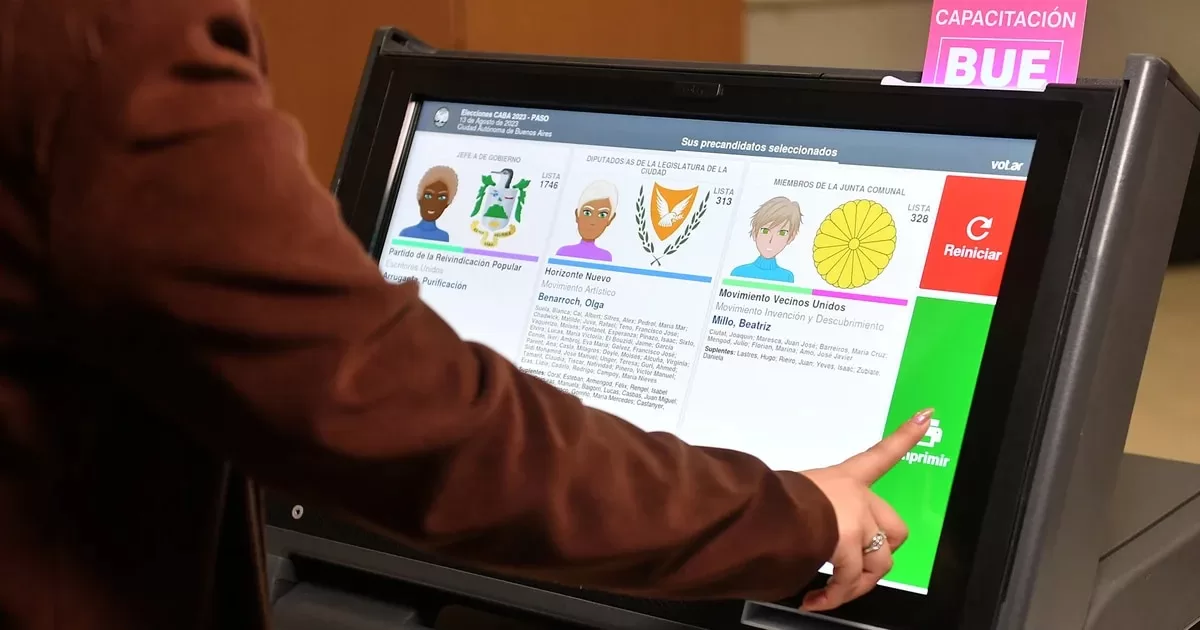BUENOS AIRES.- The Chamber of Deputies of Argentina continues this Friday, for the third consecutive day, the already marathon debate on the reform package introduced by the government of President Javier Mileidenominated ““omnibus law”. The ruling party hopes that the vote can take place at the end of the day, although as of today morning there were still about 50 speakers left.
First, the bill must be voted on generally, and then it will be debated article by article. The latter is expected to take place next week.
The official project of the “Law of Bases and Starting Points for the Freedom of Argentines” or “Omnibus Law” Due to the large number of areas on which it legislates, discussions began on Wednesday in the lower house, but the ruling party requested an intermission before midnight to continue negotiating modifications demanded by the more dialogue-oriented opposition.
Milei considers that the project is key to the success of its economic programalthough the objections raised by opponents about some articles cast doubt on its approval.
The ruling party La Libertad Avanza is the third force in Parliament and that forces it to seek the support of opposition parties to obtain the necessary votes – at least 129 – out of a total of 257 deputies that allow it to achieve approval.
“We understand that the law is going to be approved, it is not just the desire, but what we have seen so far in the session. The spirit of the law has been understood, beyond the details,” said presidential spokesman Manuel Adorni on Thursday in his usual press conference. “If there is a superior proposal it will be evaluated.”
The articles on privatizations are one of the most questioned points of the text, since all opposition blocs, with the exception of the PRO, proposed modifications.
Later, it emerged that The Government agreed to make more modifications to the projectas the decrease in the number of companies to be privatized and the curtailment of the president’s extraordinary powers. The ruling party agreed to shorten the companies to be declared subject to total privatization from 36 to 27, while three others – Banco Nación, Arsat and Nucleoelétrica – may be partially privatized.
The articles on delegated powers also did not have a majority to be approved; despite the fact that the ruling party reduced the number of emergencies to be declared this year from 11 to 6: economic, financial, pension, security, health, tariffs, energy and administrative. The declaration of emergency in fiscal matters was left out.
Unrest
While the deputies debated, there were serious incidents outside Congress between leftist protesters and the police.
An activist was injured in the face, according to images broadcast by local television, just when the agents advanced on the protest to comply with the new security protocol that prohibits the blocking of public roads.
Due to the riots, left-wing and Kirchner deputies requested the suspension of the session, but the request was rejected. The legislators then left Congress to demand that the police stop the repression. Several of them reported that gas was thrown in their faces.
The initiative proposes deep economic reforms, administrative, fiscal, criminal, health, education and even environmental with the aim of deregulating the economy and limiting State intervention. For Milei it is the necessary tool to end the scourge of inflation and fiscal deficit.
But the opposition is reluctant to approve the project as it was sent by the Executive Branch because it considers that many of the reforms are not viable or require further discussion.
The project has tested Milei’s negotiating skills. A parliamentary victory will empower the president in front of investors who are waiting, but a defeat could condition the course of his government.
“The legislative treatment follows normal and expected platforms. “It is not within the possibilities today” to withdraw the project, clarified government spokesman Manuel Adorni.
Source: EDITORIAL / With information from lanacion.com.ar / AP




